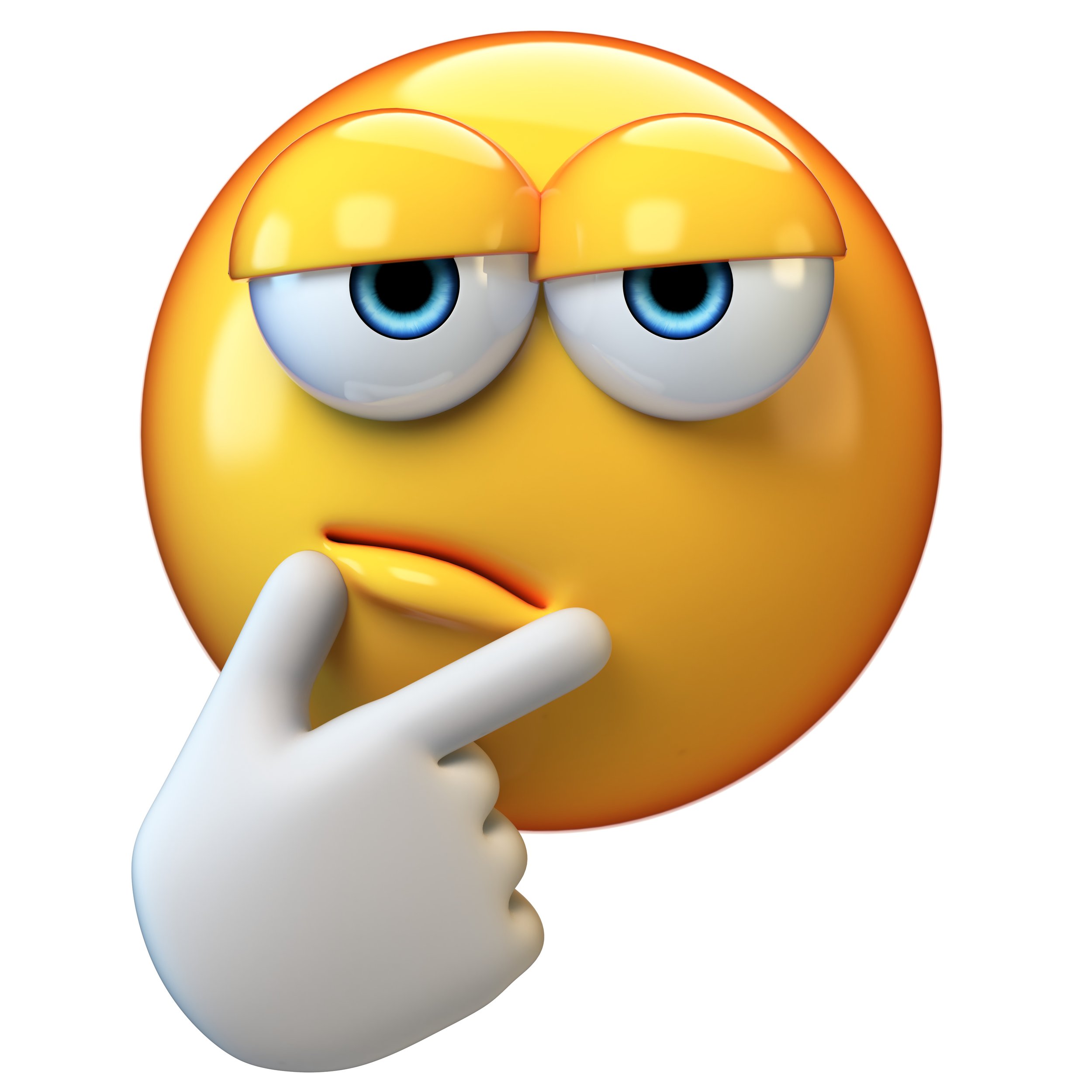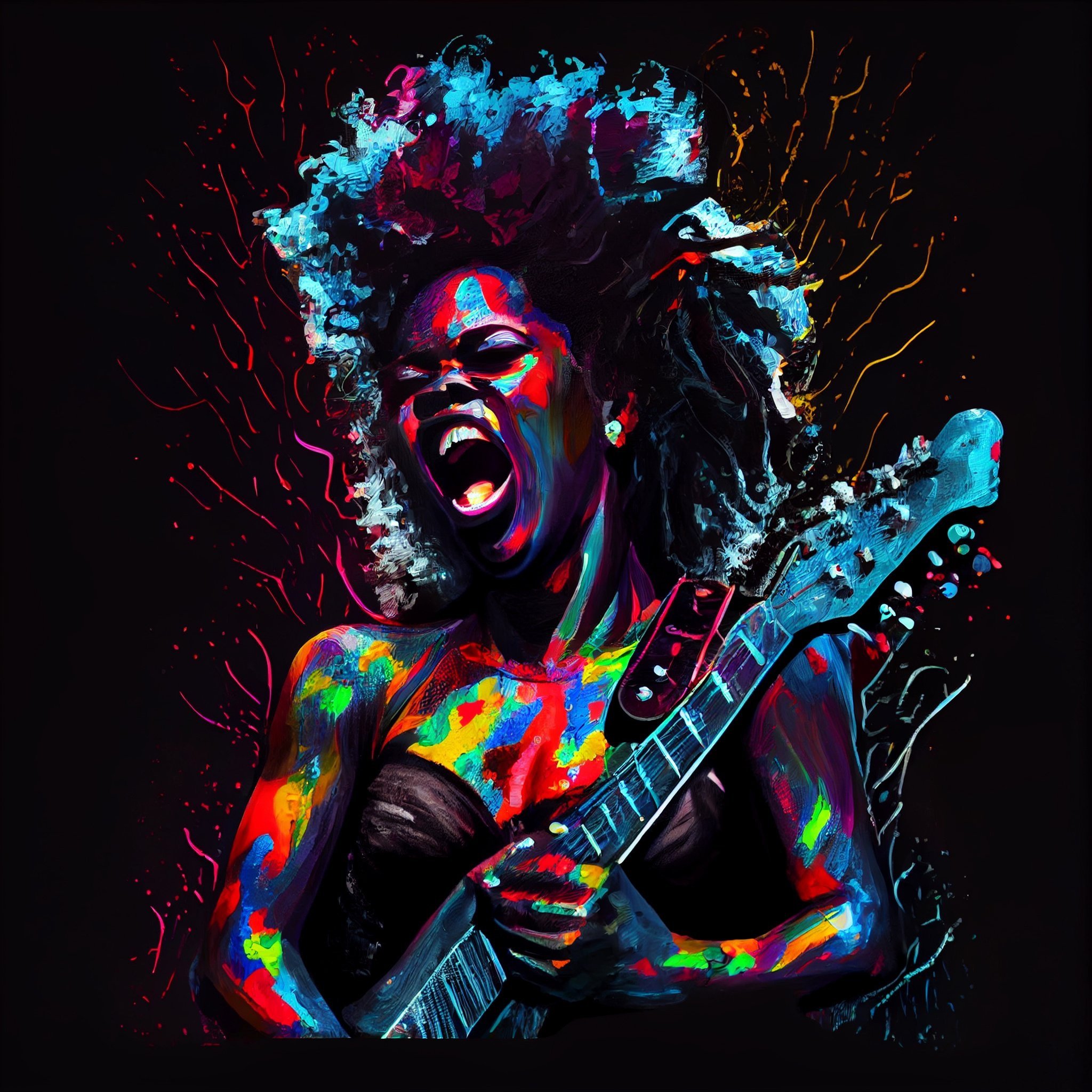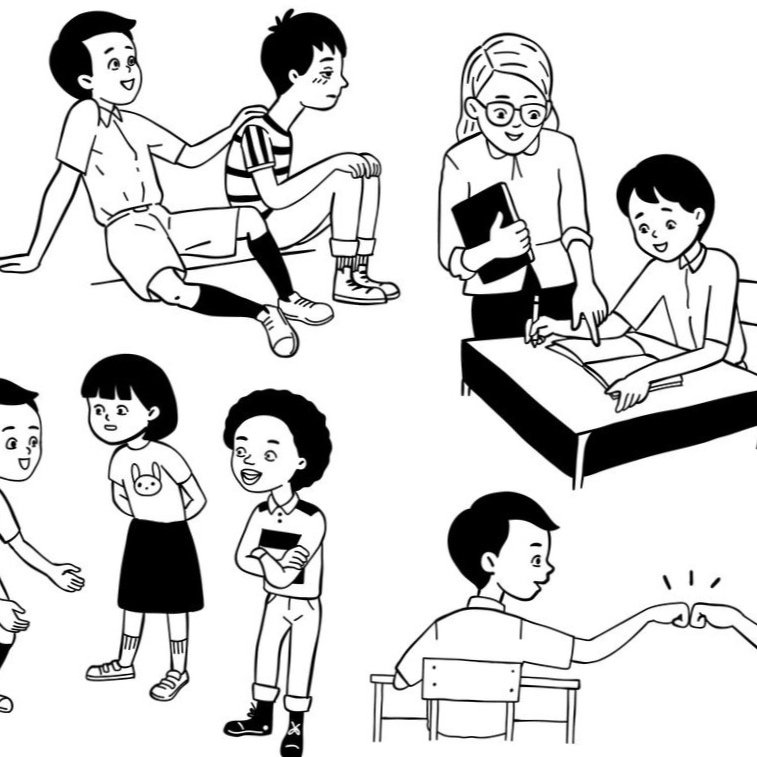Wondrous One-Offs
The following blog posts contain lots of helpful information. Read on for:
Methods I follow when writing middle-grade fiction
Thinking strategies
Tips for learning (at any age)
Belief Systems
Our belief systems drive our behaviour. A belief in trustworthiness determines how much we trust others. We surround ourselves with people we perceive as worthy of our trust. If that trust is returned, we feel connected.
Creative Thinking
Our brains evolved to think. Regardless of our background or circumstances, each of us is a thinker. Our thoughts drive our emotions, decisions, actions, and behaviour. We share, conceal, act on, and trade thoughts with others, learning from them.
Ask Questions
Our ability to think critically sets us apart from other animals. Our large brains serve us well, helping us analyse information, make decisions, and separate fact from fiction.
Fact-checking is the trusty sidekick that verifies the accuracy of those facts. Critical thinking and fact-checking make a dynamic duo that no other species can access.
Fact-Checking
In today's digital age, misinformation can be easily shared with just the click of a button. Fabricated stories, rumours, and fake news can spread across social media platforms, reaching thousands or even millions of people within minutes.
Knowledge Was Power
Knowledge was once The King. Knowledge was power. Teachers were seen as the holders of knowledge. Many still are, but the stakeholders in the education system challenge their knowledge.
Time Management
Let me explain the above infographic:
Distractions are the biggest time-wasters. Turning off your phone will limit them. It will–trust me. Anyway, why is your phone nearby when you’re trying to work? Unless it’s part of your business. At least mute it, okay?
Knowledge was King
At the beginning of my teaching career, knowledge was king. Students' results were measured by how much knowledge they could remember, regurgitate, and rehash. Curriculum documents, which drove teaching methods, emphasised knowledge.
We teachers became experts in disseminating the knowledge. In many cases, to relieve the boredom of sharing the same knowledge repeatedly, we got creative in presenting it.
Three Ways to Cope With Confirmation Bias
Confirmation bias–shrug? What’s that all about? If we want to be critical thinkers, confirmation bias can knock us out of the game before we hit the field. When we go shopping and only notice the brands we like, ignoring the others, confirmation bias has tackled our brains.
Two Barriers to Critical Thinking
Our ability to think critically is crucial to maintaining our sense of self. Critical thinking goes beyond intelligence or knowledge; it involves actively interpreting information to make informed decisions.
Critical thinking is an invaluable skill in a world filled with fake news, biased opinions, and information overload. Think of it as your superpower.
Five Steps to Critical Thinking
In the digital age, critical thinking is not just a skill, it's a necessity. Critical thinking is the superhero cape of the mental world. It helps us analyse information and make smart decisions.
Five Reasons Books Beat Screens
Let’s slow down for a moment. I can’t ask you to set aside your device because you’re reading this post on one. However, let’s immerse ourselves in the timeless joy of reading a physical book.
Here are five reasons (there are more, but these five resonate with me) why a book beats a screen.
Five Ways Music and the Brain Work Together
Elsewhere in my blog posts, I have linked music and learning. Well, I guess you could say I’ve harped, banged on about it, and struck a chord with it. I have blown my own trumpet.
Eeyew! Enough of the dreadful puns!
Music has long been recognised as a powerful tool that can significantly impact various aspects of human cognition and emotion.
Three Ways to Boost Deep Thinking Through Conflict
Conflict in stories is like the spicy seasoning that adds flavour to a dish. It keeps us glued to our seats, wondering what’s around the next corner.
Story conflict is not a simple battle between good and evil; it's the very pulse of the narrative, the unique element that keeps us hooked.
Story conflict is not your typical narrative tool; it's a mental workout that enhances our cognitive abilities. By immersing ourselves in it, we don't just exercise our critical thinking, problem-solving, and decision-making skills; we elevate them. It’s like a mental gym session with a thrilling twist.
A Character Sketch
Middle-grade fantasy stories are the home of the most imaginative and relatable protagonists, from brave warriors to ordinary children discovering hidden powers.
The latter group is featured in Those Vikings and Those Giants. I like to describe them as ordinary children doing extraordinary things. Of course, I’m not the first writer to take that approach, nor am I the last.
Beyond Magical
I believe my stories are magical. Do they contain magic? They do, but there’s a difference between magical and magic. Something magical takes you places. It might be a song, a poem or the touch of a friendly hand. Magical evokes emotions.
The Magic Within
Reading is more than just a way to pass the time; it plays a vital role in a child's development. Reading sparks imagination and creativity, allowing children to explore new worlds and experiences from the comfort of their own minds.
Unleashing the Power of Imagination
I write for middle-grade readers. Find out why.
Watch a child construct an art piece. Listen to a child invent dialogue between two action figures. They are using their superpower–imagination.






















